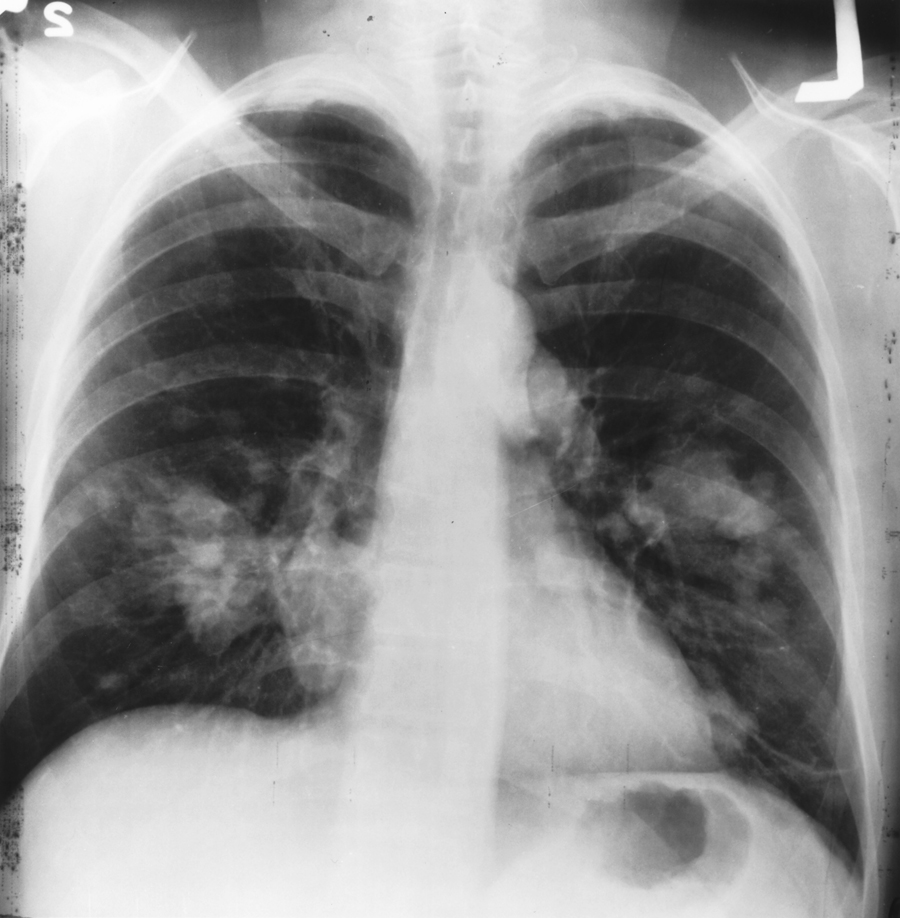
Most people know if they are at risk for lung cancer. Smoking, and second-hand smoke, are the most common risk-factors for this deadly form of cancer. In addition, many people work industrial or mining jobs that may expose them to work-related risk factors on a daily basis. In either case, the time-honored means of protecting yourself from lung cancer has always been to avoid the carcinogen itself; if you are smoking, quit. If you are exposed to second-hand smoke on a daily basis, avoid it. And for those exposed to job-related carcinogens, the best defense unfortunately remains to change industries or job-sites if at all possible before the cancer-causing agents catch up with you.
But in recent years, doctors have developed a second layer of defense against lung cancer. It’s not a substitute for avoiding carcinogens, it’s not foolproof, and it doesn’t work for everyone. But lung cancer screening have become a viable tool for early detection of lung cancer in long-term smokers, allowing doctors to treat the disease before it becomes fatal, if caught early enough.
Lung cancer screening has recently been recognized by the American Cancer Society (ACS) and the United States Preventive Services Task Force (USPSTF) as being effective in reducing the mortality rate in lung cancer patients by up to 20%. As of 2013, both groups now recommend lung cancer screening in high risk patients who are 55 or older.
What does this mean for you?
Well, if you’re at least 55 and a smoker, or were a smoker and quit in the last 15 years, and have smoked at least 30 pack-years of tobacco (the equivalent of one pack a day for 30 years) you should talk to your doctor about screening for lung cancer.
Screening can be performed annually, with a low-dose CT scan, and looks to detect the early signs of cancer forming in the lungs, before it spreads to other parts of the body.
There are drawbacks to the procedure – mainly, that it can find “false-positives” where it detects signs or lesions in the lungs that are not actually cancerous. This is why it is recommended you only undergo lung cancer screening if you are at high risk of developing cancer.
In addition, people beyond a certain age are not recommended to get screening (the ACS recommends 74, the USPSTF 79). The logic behind this is that the risk for false positive and the likelihood of dying from other, non-cancer-related diseases before lung cancer can become fatal are measured to outweigh the benefits of screening.
What should you do?
First off, understand that screening is not a substitute for quitting smoking. Nothing is. Lung cancer is a very fatal disease that is extremely preventable by simply avoiding tobacco.
Second, if you are at risk, talk to your doctor about your options. Even if you have quit in the last 15 years, if you meet the other risk criteria, you should speak to your doctor about potential screening options. Whether or not you decide to move forward with screening, it’s important to have the conversation about the pros and cons.
Finally, know that lung cancer screening is now typically covered by insurers and medicare under the Affordable Care Act (Obamacare). Know your rights as a patient, and make sure to take care of yourself!